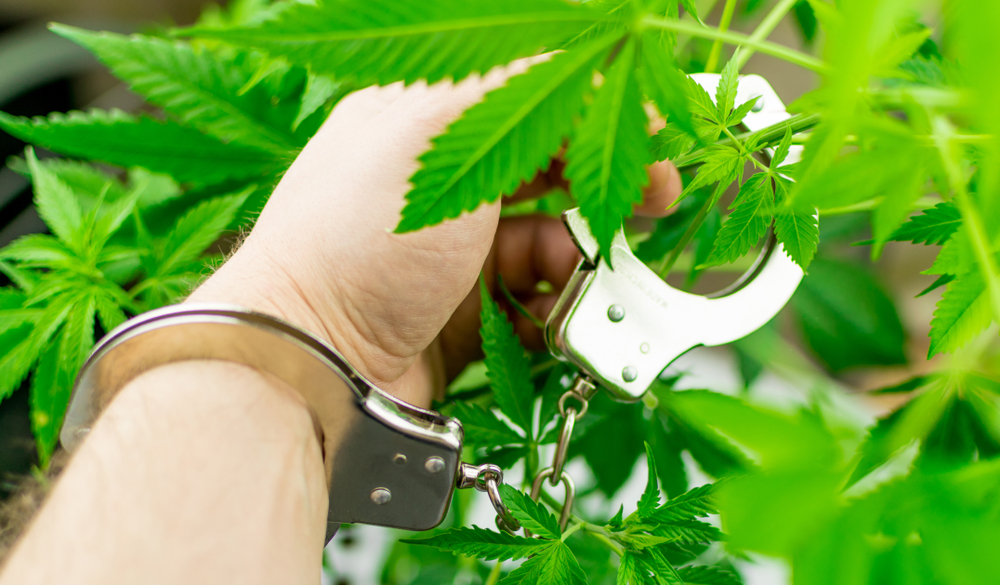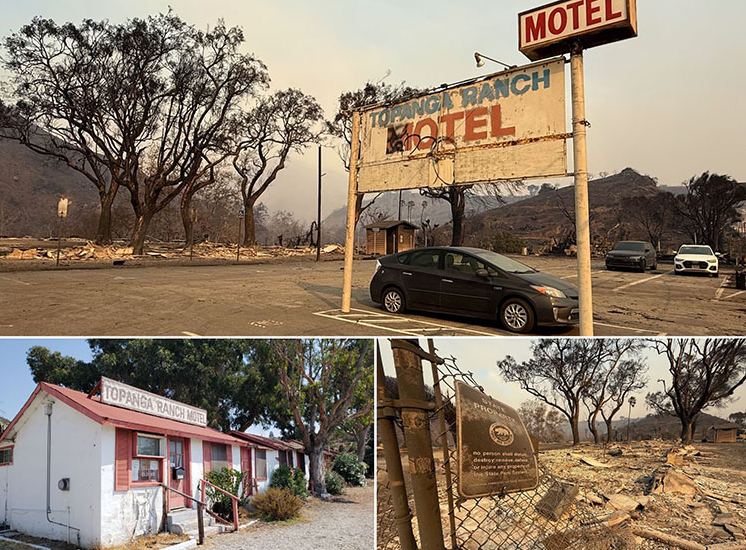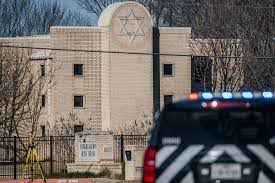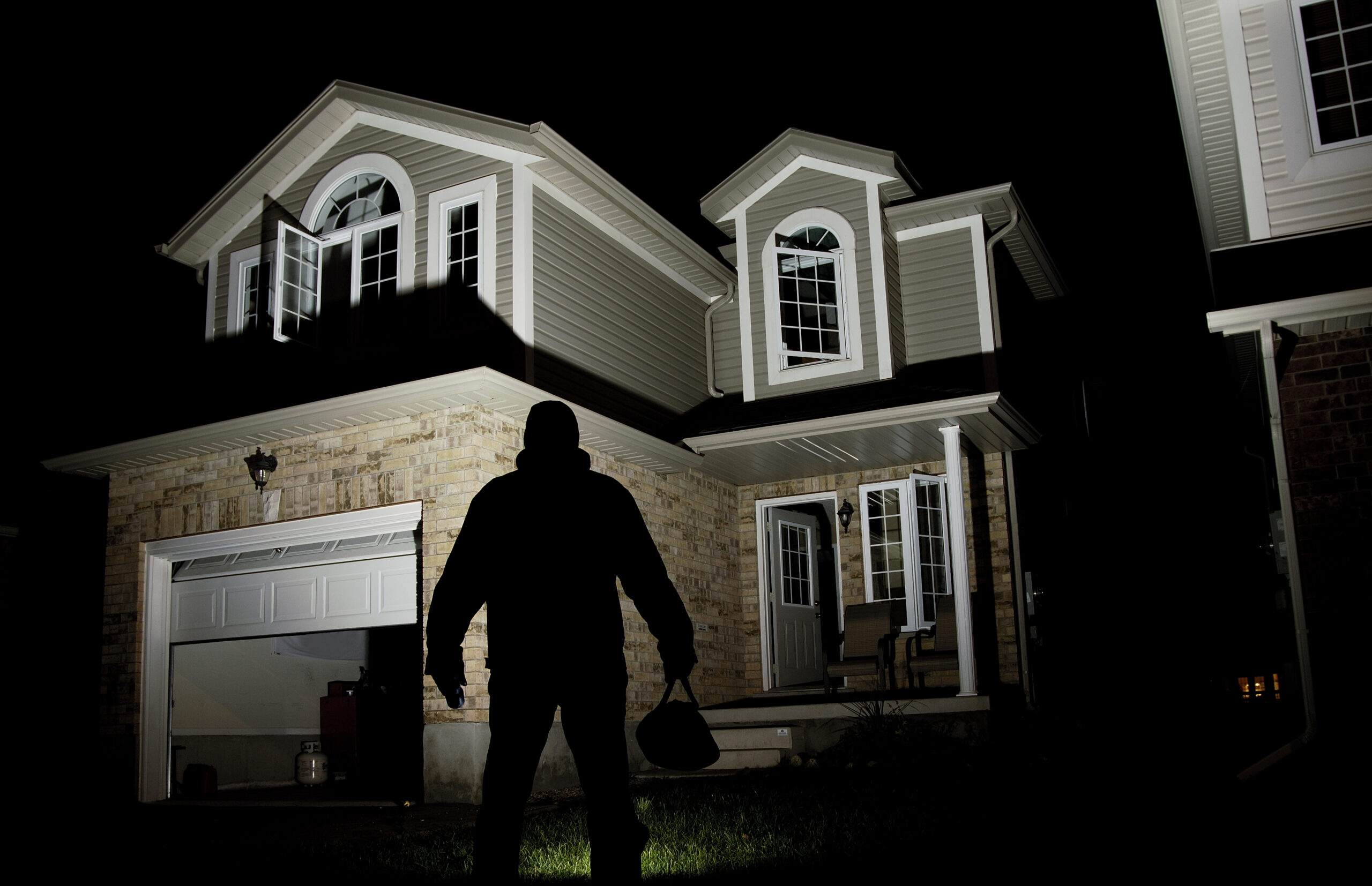Cannabis businesses have a patchwork of security regulations that require 100% compliance. AEGIS Security & Investigations, having consulted on 150+ California projects to date and currently providing uniformed security guards and support services has produced a step-by-step guide to ensure our clients know what they have to do to maintain compliance. AEGIS Security & Investigation’s A-Z service provides consultation, training, staffing, and support from inception through operation.
Step #1: Security Consultation
The California Bureau of Cannabis Control and most municipalities require a knowledgeable and often board certified security consultant to assess the business plan, logistics, operations, standard operating procedures, and physical design of the facility – whether it is a cultivation facility, distribution facility, manufacturing facility, or a dispensary. Knowledge of both cannabis business operations and architecture are key elements in ensuring the process is expedited. The result of this consultation should be a written report/security plan that should include a detailed description of anything related to security of the business. This plan should be both city/county and state compliant and include architectural drawings that include security cameras, improvements, and systems.
REQUEST A CONSULTATION WITH AEGIS NOW
Step #2: Supervised Build Out
The same security consultant may be considered to manage and monitor the bid and installation process from qualified physical security contractors. Those vendors may include CCTV, alarms, access control, inventory control, gates, fencing, lighting, safes, vaults, welders, etc. Having a dedicated consultant on your team can help ensure the project is done to the correct standard the first time, saving potentially costly and devastating mistakes.
REQUEST A CONSULTATION WITH AEGIS NOW
Step #3: Hiring, Background Checks, and Training
You will need to retain a private investigator to conduct a thorough pre-employment background check to screen your potential employees. There are strict laws on what you can and cannot search for, so it’s important you work with the right company. If your security consultant is also a private investigator, that’s great, as you may only need to deal with one vendor to thus far. In addition, your security consultant should be able to assist you with developing and providing security related training to your employees as part of their onboarding process.
REQUEST A CONSULTATION WITH AEGIS NOW
Step #4: Security Guard Operations
There are a variety of very important laws and regulations cannabis business owners need to know to ensure they are compliant with the law. A quality security firm should be able to operate 24/7, have a reasonably reliable staff, swift support from their management team, and be supported by technology to ensure continuity of their operations.
REQUEST A CONSULTATION WITH AEGIS NOW
There are two types of security operations existing in the cannabis space: compliant and legal ones, and those that are not.
Independently contracted security guards / 1099 security guards / guards paid out in cash / “guys with guys” / off duty cops / is and even fly by night unlicensed or under-insured companies make up the later. educate themselves, engage in business properly, and minimize their exposure to both criminal prosecution (imprisonment), civil actions, and administrative penalties.
Q: May a licensed security guard contract for security services to a business or “run” team of staff for clients directly?
A: No. Only a person with a BSIS-issued private patrol operator’s license (PPO) may contract to provide security services. A PPO license is required to provide security services on contract to any person or business and is a legitimate company. A security guard may not act as an independent contractor to provide security services. A security guard must be employed as an employee of either a PPO, or the person, or business for whom the guard is providing security services. PPOs and employers of security officers must also maintain a general liability insurance policy and a workers compensation insurance policy (if they have employees). PPOs and employers of security officers may not 1099 their employees however (see below).
Q: Are security guards supposed to be paid cash, issued a 1099, or a W2 from an employer?
A: 1099s are forms issued by companies to independent contractors for services rendered. Guard carded security guards are not allowed to work as an independent contractor. Therefore, security guards must be issued a W2 after completing a W4. The benefit of being classified properly as a W2 is the employee will not be responsible for all of their employment taxes social security taxes. The major consequence would be the guard is guilty of engaging in the work as if they were a PPO and subject to a misdemeanor charge, $5,000 fine, and up to one year in jail.
In addition, 1099s are not entitled to overtime or double time based on California’s wage laws that employees are. There are also IRS ramifications regarding willful misclassification of employees as 1099. Paying a security guard cash is mis-classifying them as 1099 independent contractors without reporting the income.
Q: May a person with a BSIS guard card and exposed firearm permit contract directly with a retail cannabis business?
A: No. Only a BSIS licensed private patrol operator (PPO) may contract to perform security guard to any person or business. An licensed individual with a guard card and an exposed firearm permit issued by BSIS may perform armed security guard duties only as a security guard employee. A BSIS Guard Card holder must be directly employed (W2/W4) by a PPO and assigned to work at a client’s facility for a PPO’s client under contract. Because Proprietary Security Officer Employers may only employ unarmed uniformed Proprietary Security Officers, a retail cannabis business may not employ their own armed security. In addition, applicable general liability and workers compensation insurance is required.
Q: May a licensed security guard work as an employee (W2/W4) for an retail cannabis business directly?
A: No. Only a person with a BSIS-issued Proprietary Security Officer license may work as an employee for an employer (a BSIS licensed Proprietary Security Officer Employer) directly. A PSO is defined a proprietary private security officer is a uniformed, unarmed individual who is employed exclusively by any one employer whose primary duty is to provide security services for his or her employer, whose services are not contracted to any other entity or person, and likely to interact to interact with the public while performing their duties.
Q: May an active duty peace officer contract to provide armed security services?
A: No. Only a person with a BSIS-issued private patrol operator’s license (PPO) may contract to provide security services. A PPO license is required to provide security guard services on contract to any person or business. A security guard may not act as an independent contractor to provide security services. A security guard must be employed as an employee of either a PPO, or the person, or business for whom the guard is providing security services.
Q: How does security guard insurance work and protect my cannabis business?
A: For security companies, both general liability and workers compensation insurance is based on payroll of W2 employees. If the company’s guards are 1099’d or paid cash under the table, the company is not paying for insurance (or any taxes). Companies will often undercut other companies by incorrectly classifying their guards. If you see this happen, steer clear. In the event of a use of force incident, workers comp claim, or a lawsuit, the company’s insurance will likely decline the claim for misreporting the payroll, leaving your cannabis business as both their employer and the deep pockets to litigate or settle the claim. Working with a properly licensed, insured, and correctly operating security company can prevent this from happening.
REQUEST A CONSULTATION WITH AEGIS NOW
Step #5: Security Review
Yearly, municipalities and BCC require a review of cannabis businesses’ security plans. Working with your cannabis security consultant to review and update your security plan to ensure it is effective, compliant, and able to continue operationally/financially.
REQUEST A CONSULTATION WITH AEGIS NOW
The laws, rules, and regulations that make up the framework of this information are as follows:
California Business & Professions Code:
- No person shall engage in a business regulated by this chapter; act or assume to act as, or represent himself or herself to be, a licensee unless he or she is licensed under this chapter; and no person shall falsely represent that he or she is employed by a licensee.
7582.05.
(c) Notwithstanding any other provision of law, a violation of Section 7582, which is an infraction, is punishable by a fine of one thousand dollars ($1,000).
7582.3.
(a) Unless specifically exempted by Section 7582.2, no person shall engage in the business of private patrol operator, as defined in Section 7582.1, unless that person has applied for and received a license to engage in that business pursuant to this chapter.
(b) Any person who violates any provision of this chapter or who conspires with another person to violate any provision of this chapter relating to private patrol operator licensure, or who knowingly engages a nonexempt unlicensed person is guilty of a misdemeanor punishable by a fine of five thousand dollars ($5,000) or by imprisonment in the county jail not to exceed one year, or by both that fine and imprisonment.
(d) Any person who: (1) acts as or represents himself or herself to be a private patrol operator under this chapter when that person is not a licensee under this chapter; (2) falsely represents that he nor she is employed by a licensee under this chapter when that person is not employed by a licensee under this chapter; (3) carries a badge, identification card, or business card, indicating that he or she is a licensee under this chapter when that person is not a licensee under this chapter; (4) uses a letterhead or other written or electronically generated materials indicating that he or she is a licensee under this chapter when that person is not a licensee under this chapter; or (5) advertises that he or she is a licensee under this chapter when that person is not a licensee, is guilty of a misdemeanor that is punishable by a fine of ten thousand dollars ($10,000) or by imprisonment in a county jail for not more than one year, or by both that fine and imprisonment.
Q: How do you determine if a worker is an employee or an independent contractor?
A: The determination can be complex and depends on the facts and circumstances of each case. The determination is based on whether the person for whom the services are performed has the right to control how the worker performs the services. It is not based merely on how the worker is paid, how often the worker is paid, or whether the work is part-time or full-time.
There are three basic categories of factors that are relevant to determining a worker’s classification:
-Behavioral control (whether there is a right to direct or control how the worker does the work);
-Financial control (whether there is a right to direct or control the business part of the work); and
-Relationship of the parties (how the business and worker perceive the relationship).
Based on the definition of a security guard, security guards are 100% defined as employees.
- 7582.1(e)
A security guard or security officer, within the meaning of this chapter, is an employee of a private patrol operator, or an employee of a lawful business or public agency who is not exempted pursuant to Section 7582.2, who performs the functions as described in subdivision (a) on or about the premises owned or controlled by the customer of the private patrol operator or by the guard’s employer or in the company of persons being protected.






